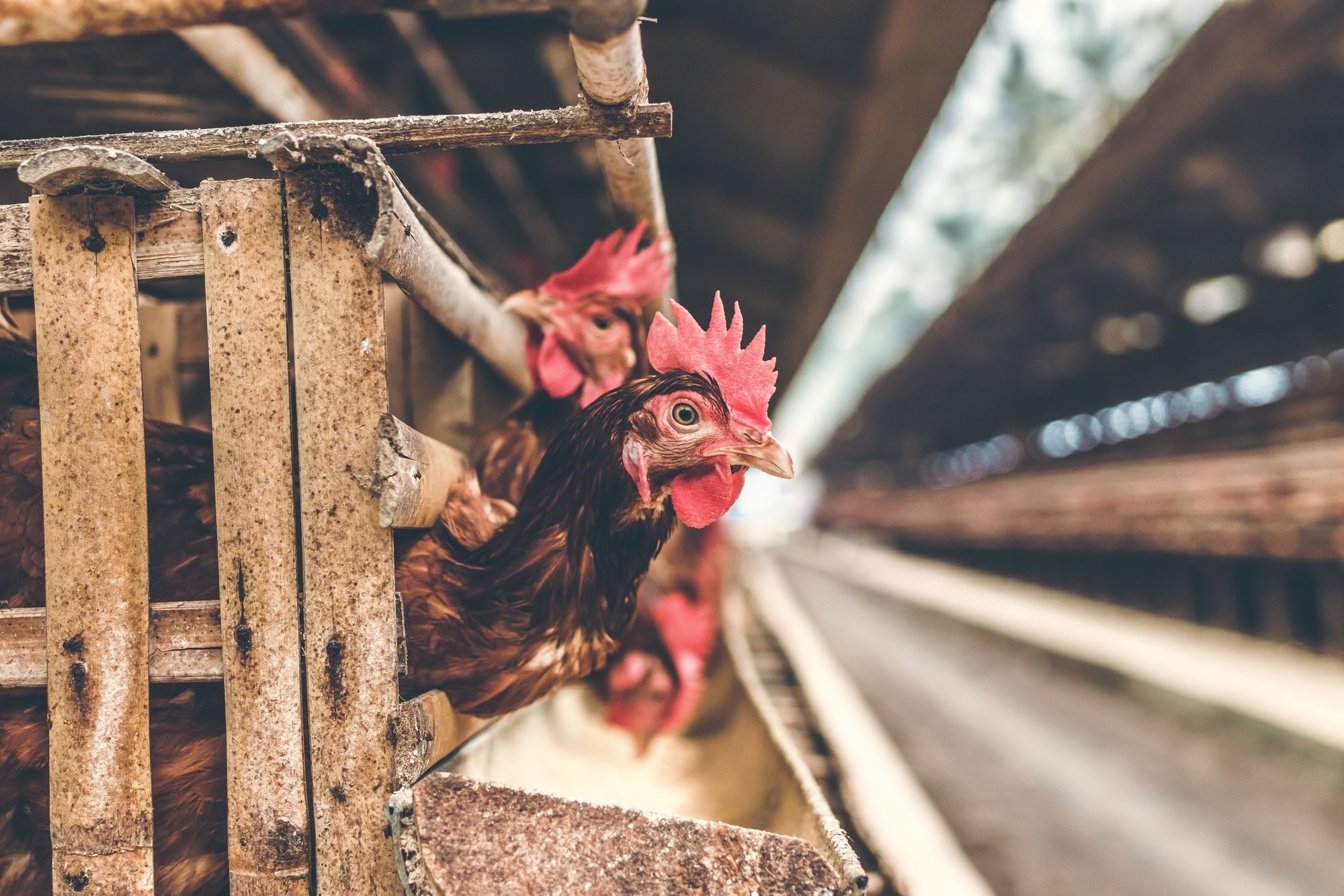The gilded cage of fake workplace positivity

I’ve been catching up on all the recent bullshit about Facebook and caught this article about its workplace culture:
The company called [a] special town hall after head of policy Joel Kaplan caused an internal uproar for appearing at the congressional hearing for Judge Brett Kavanaugh. A young female employee was among those who got up to speak, addressing her comments directly to COO Sheryl Sandberg.
“I was reticent to speak, Sheryl, because the pressure for us to act as though everything is fine and that we love working here is so great that it hurts,” she said, according to multiple former Facebook employees who witnessed the event.
“There shouldn’t be this pressure to pretend to love something when I don’t feel this way,” said the employee, setting off a wave of applause from her colleagues at the emotional town hall in Menlo Park, California.
The episode speaks to an atmosphere at Facebook in which employees feel pressure to place the company above all else in their lives, fall in line with their manager’s orders and force cordiality with their colleagues so they can advance. Several former employees likened the culture to a “cult.”
Wow.
What does it mean for a workplace to be a fucking mess?
Two CEOs once came to my previous consultancy at around the same time with the same problem: their workplace cultures were, in the words of one of them, “like Game of Thrones”, and that this was compromising their ability to actually deliver.
The contexts were strikingly different: one was a tech startup that was trying to save the environment, and the other a religious charity that tackled social inequality, but there were radical similarities: team members would prove their worthiness to change the world at the expense of their colleagues, and for both organisations, this zeal was amplified via their fealty to a charismatic paternal figure: for the tech startup, it was the CEO, and for the charity, it was literally God.
We might roll our eyes from a position of enlightened HR superiority, but after reading the above article about Facebook, I’m beginning to think that I’d prefer to work in a bitterly divided organisation that was tripping over itself in the service of a misplaced loyalty to a higher mission — even when reinforced by intense daddy issues — than one with such a hollow consensus commitment to… nothing besides the mindless amplification of a company's positivity about itself. And isn’t that what Facebook actually is? A company that amplifies (our) collective feelings for nothing other than the surplus value it can extract from them?
Toxic positivity
It’s easy to point to the obvious aggression of our tech startup and charity examples as “workplace toxicity”, and these are good problems to address through the lens of org design, but I’m glad that people are beginning to frame the tyranny of the uncritical positivity at places like Facebook as a kind of toxicity, too. It makes expressions like “sheep-like” sound deeply unfair to sheep.
And if we’re going to do the hipster thing of enquiring about the ethical production and provenance of our food, as so many of us do these days, we should be doing more than focusing on various individual Facebook privacy scandals, as important as they are, and start enquiring about how each lapse is related to the baseline reality of how our digital lives get produced.
Is the digital substrate of our lives created by battery hen engineers and designers in cheerful gilded cages? Perhaps if they had the freedom to be at each others’ throats instead of having to use friendship as a currency, perhaps we wouldn’t be in such a social media quagmire.
